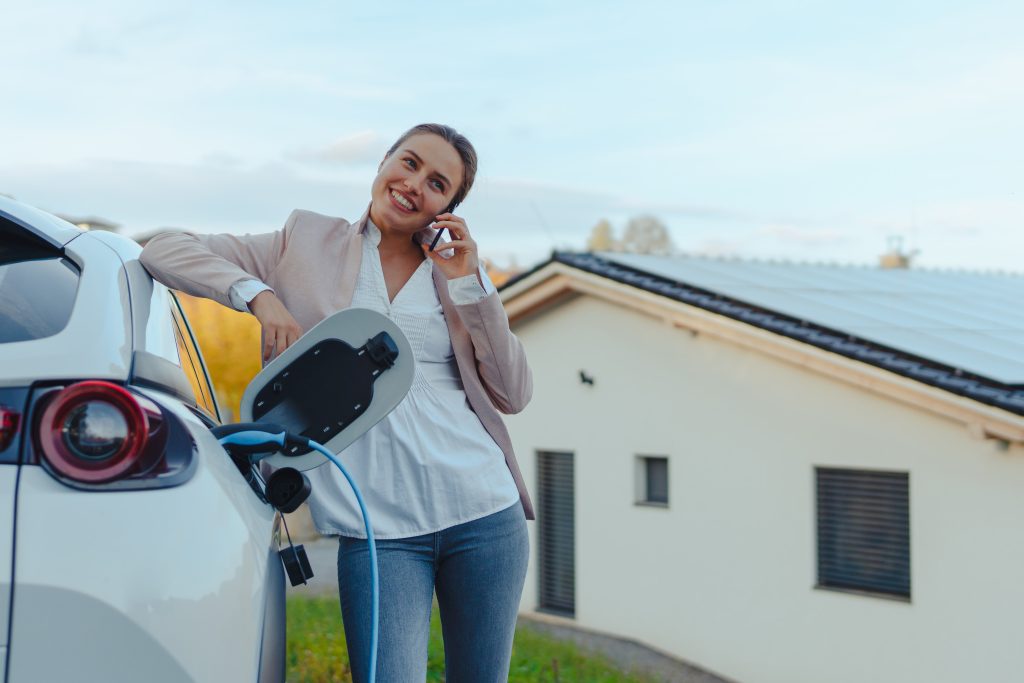Whether you have already got photovoltaic solar panels installed at your home or commercial premises, or are thinking about taking the plunge to convert to solar power, a key consideration is making sure that you get the most value out of your investment. Using solar energy to light and power a building is fairly commonplace. However, such is the versatility of this renewable energy technology that there are many other ways to take advantage of your solar panel system, once it is up and running.
As well as saving energy and reducing fuel bills, solar panels can also help power a range of applications and sustainable living initiatives. From smaller appliances to property-wide power requirements, here are some unusual ways to use solar power at home or work.
Solar Powered Garden Lighting
We tend to think about using solar panels to power indoor lighting, but the technology can also work well for outdoor lights. From strings of fairy lights to full-on landscape lighting set-ups and greenhouse lamps, outdoor lighting can be powered by solar panels charging batteries during the day, or by having the lights connected directly to the building’s main electrical system. Other garden electrical applications include electric mowers, hedge cutters, strimmers etc. All of which can be powered using energy generated by photovoltaic panels.
Immersion Heating
Immersion heaters can be connected to solar power too via an immersion diverter. This piece of technology keeps track of how much solar power is being generated and used. It then diverts any surplus towards powering your immersion heater and providing the building with hot water. This can all be done automatically, so you can set it up and then leave it to work on its own. This is a great way to ensure that you can use more of the electricity generated, should you not wish, or are unable, to store it over a longer time period.
Electric Vehicle Charging
As more and more people switch to electric cars and vehicles, the need for charging points also becomes more pressing. This is an increasingly important factor in town planning, which can also be replicated in homes and businesses. If you are keen to live a more sustainable life with less reliance on fossil fuels, consider combining an electric vehicle with using solar energy to power a charging point outside your home or business premises. You could even use a solar battery to store electricity just for the purposes of charging electric vehicles of occupants of – and visitors to – the building.

Security Systems
Using solar-powered energy for home and commercial security systems is another way to make good use of the electricity generated by your photovoltaic panels. You can connect all kinds of security devices and equipment to the system, from lights and motion sensors to burglar alarms and CCTV cameras. Adding a solar power battery to the system that stores surplus energy will help keep the security systems running at night, when the need for uninterrupted surveillance is often greater, or when the weather is cloudy and dull.
Charging Devices
We all rely on being able to charge up devices such as mobile phones, laptops, tablets etc. As the world becomes increasingly digital, we need to stay in touch with the online world more than ever before. Solar power helps us do that by providing electricity in general for a residential home or business premises via electric sockets and USB ports. Many solar panel systems can also incorporate connections that convert the DC to allow users to plug devices in for direct charging. Another useful way to stay connected while taking advantage of renewable, greener power.
Farming And Animal Care
Solar panels can also help power lighting and heating for any animals or pets that may live partly or wholly outside, or in an outhouse of some kind. For example, lighting inside a chicken coop alarmed security systems or heating for lambing barns on a smallholding. Energy costs can often be higher for farmers and those who keep larger numbers of animals – using solar energy to power essential lighting and heating systems can help keep animals warm, healthy and safe without having to shoulder huge bills or continue to rely heavily on the National Grid.